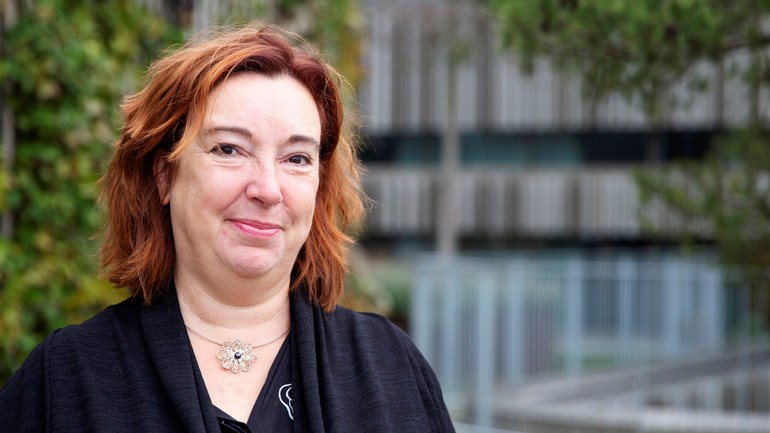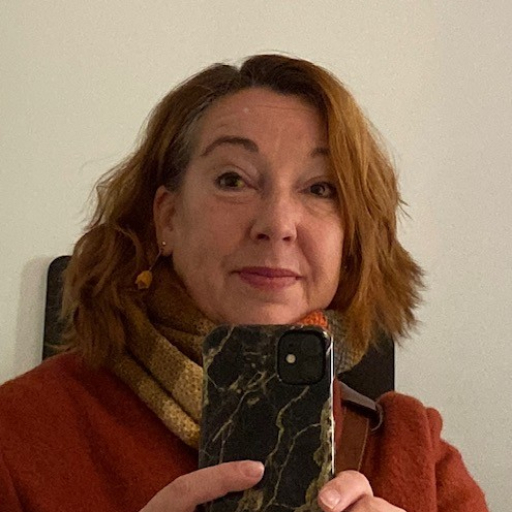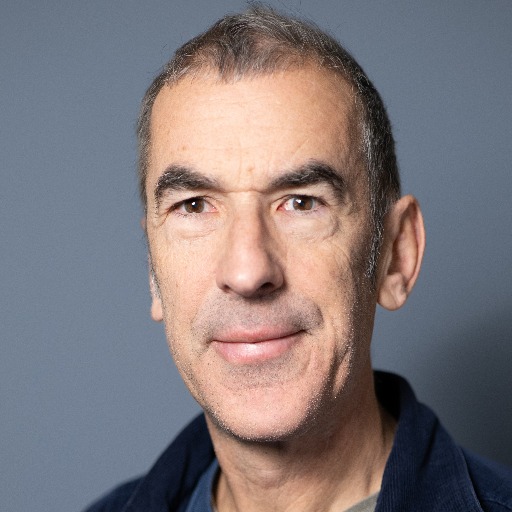Urban justice the focus for new research centre

Most people associate urban studies with physical city planning, argues Carina Listerborn. “Yet, our research is genuinely interdisciplinary, touching on cultural and social life as well as politics and economics.”
Digging down into inequality in people's living situations in relation to issues such as housing and the environment will be the focus of the Institute for Urban Research (IUR), one of Malmö University's eight research centres.
The centre's research will encompass four tracks: housing and welfare, green and fair cities, and urban humanities – that is, people's quality of life and access to culture, for example. The fourth track is global urbanism, which is about placing the city in a global context.
“Cities are really interesting. Urbanisation is a global phenomenon. Most people in the world will live in cities in the future – all our new challenges are in the city,” says Carina Listerborn, director of IUR.
Listerborn started out as a building conservationist and completed her PhD in urban planning at Chalmers University of Technology. More recently, she has specialised in planning, housing and social perspectives on urban design.
Official launch in May
As one of the University's eight centres, IUR will receive 24 million SEK in funding over five years. Listerborn sees the designation as a sign of the University's support. It provides greater continuity and an opportunity for increased visibility both internally and externally. A public launch will be held at Form & Design in central Malmö on 23 May at 16.00.
What is it like for the centre being located in a city like Malmö?
“I think it has benefited us a lot. It's big enough and has all the challenges we're interested in. Malmö has been very central for us, but we've worked hard to become more international and create new relationships globally. Perhaps, we've been a bit too Malmö-centred.”
How would you describe the centre's profile?
“The extent of our interdisciplinarity is unique. We bring together social sciences and humanities, but also architecture and planning. Our international profile also stands out, our researchers come from all over the world,” says Listerborn.
“We would like to hear more from researchers at the University who are interested in these issues. Everyone is welcome to come to our seminars.”

